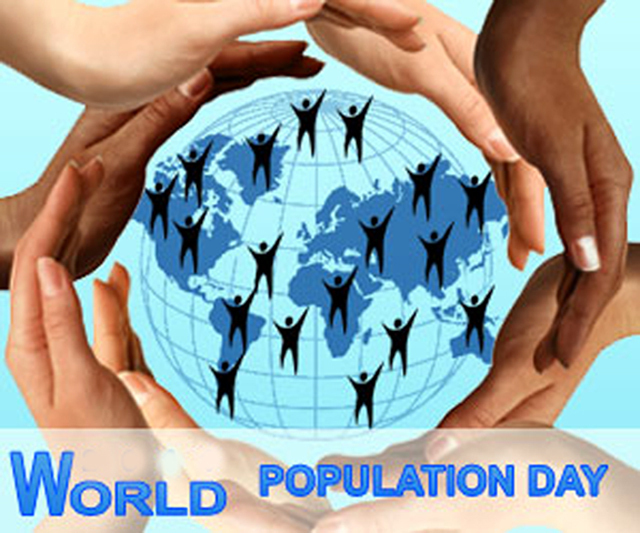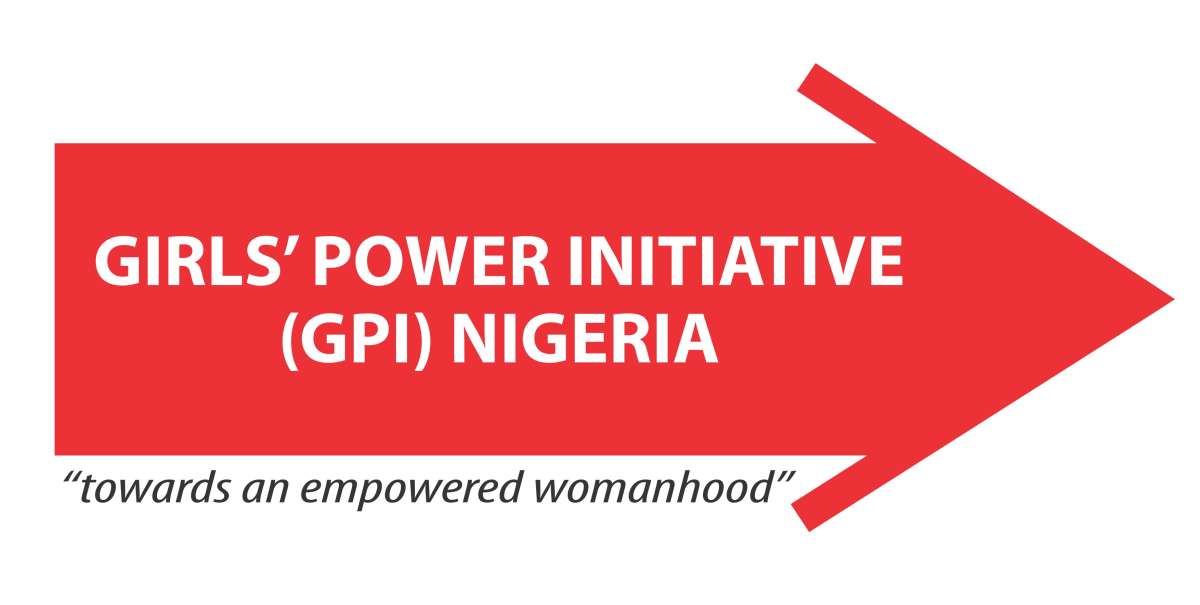
World Population Day is an annual event to increase people’s awareness on various population issues such as the importance of family planning, gender equality, poverty, maternal health and human rights.
July 11 is set aside every year to raise awareness on global population issues.
The theme for 2018: “Family Planning is a Human Right”
This year marks the 50th anniversary of the 1968 International Conference on Human Rights, where family planning was, for the first time, globally affirmed to be a human right.
Girls’ Power Initiative is pioneer in the area of Family planning, girls and women Sexual Reproductive Health and Rights Advocacy in Nigeria. And in line with the Governing Council of the United Nations Development Programme, we inform Nigerians that: “Parents have a basic human right to determine freely and responsibly the number and spacing of their children.”
Women and girls have the right to avoid the exhaustion, depletion and danger of too many pregnancies, too close together. Men and women have the right to choose when and how often to embrace parenthood — if at all. Every individual has the human right to determine the direction and scope of his or her future in this fundamental way.
Nine standards to upload the human right to family planning:
- Non-discrimination: Family planning information and services cannot be restricted on the basis of race, sex, language, religion, political affiliation, national origin, age, economic status, place of residence, disability status, marital status, sexual orientation or gender identity.
- Available: Countries must ensure that family planning commodities and services are accessible to everyone.
- Accessible: Countries must ensure that family planning commodities and services are accessible to everyone.
- Acceptable: Contraceptive services and information must be provided in a dignified manner, respecting both modern medical ethics and the cultures of those being accommodated.
- Good quality: Family planning information must be clearly communicated and scientifically accurate.
- Informed decision-making: Every person must be empowered to make reproductive choices with full autonomy, free of pressure, coercion or misrepresentation.
- Privacy and confidentiality: All individuals must enjoy the right to privacy when seeking family planning information and services.
- Participation: Countries have an obligation to ensure the active and informed participation of individuals in decisions that affect them, including health issues.
- Accountability: Health systems, education systems, leaders and policymakers must be accountable to the people they serve in all efforts to realize the human right to family planning.
Reference:
